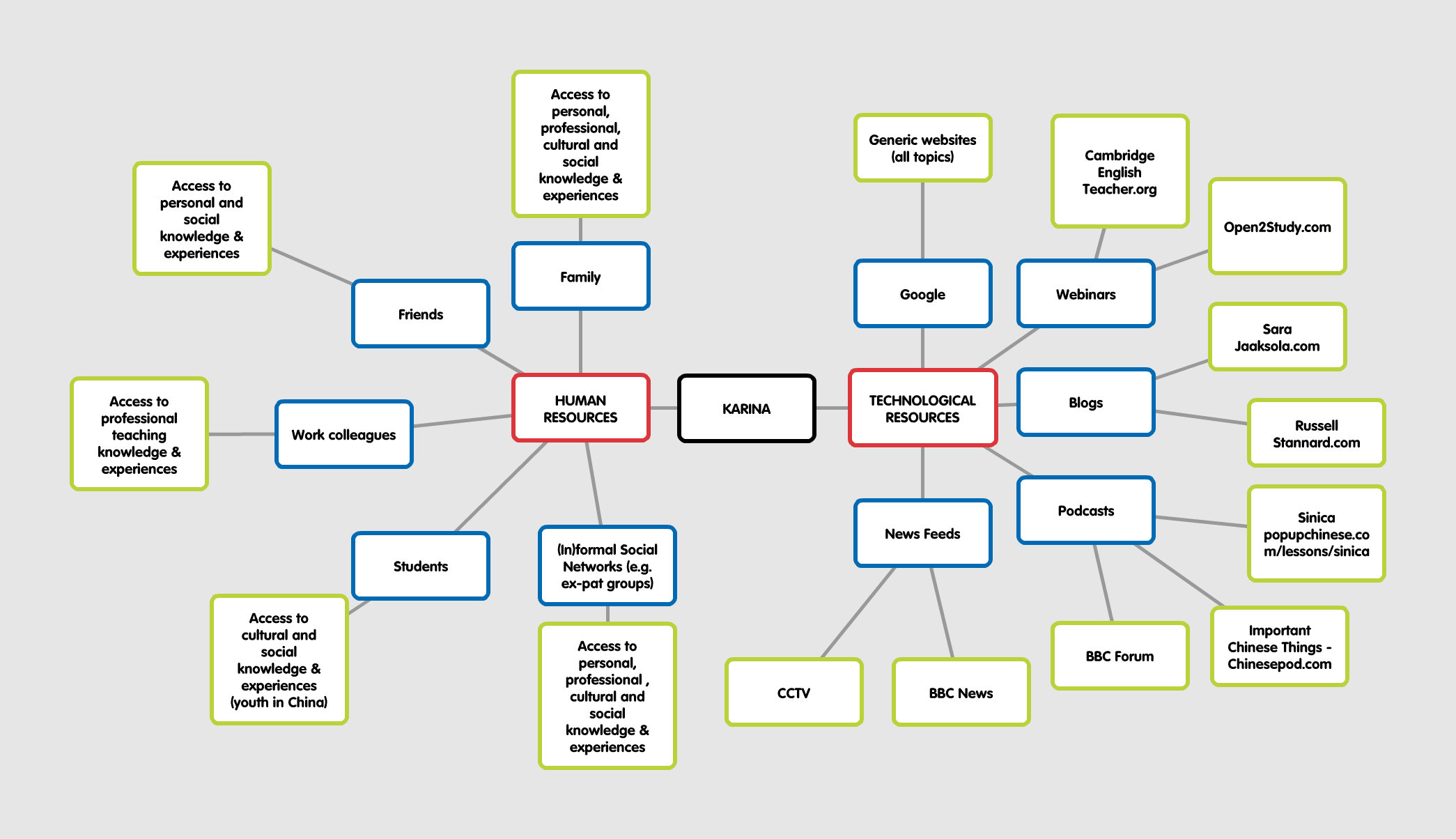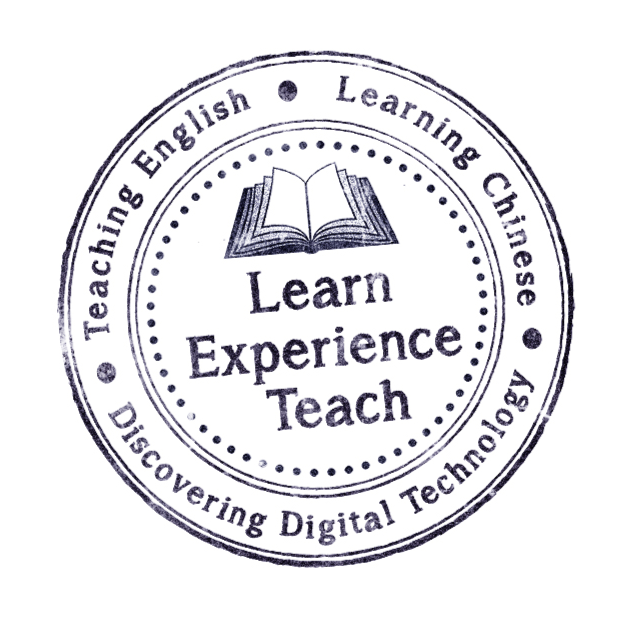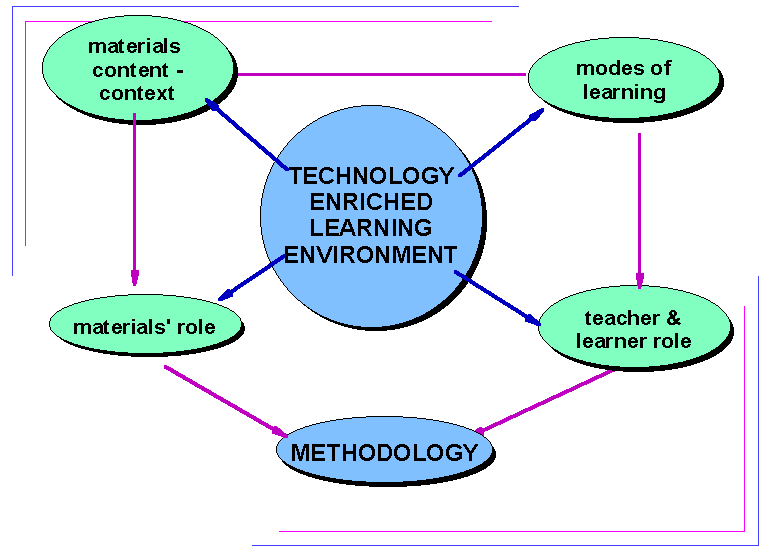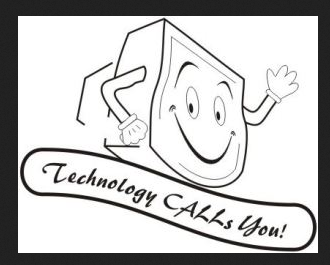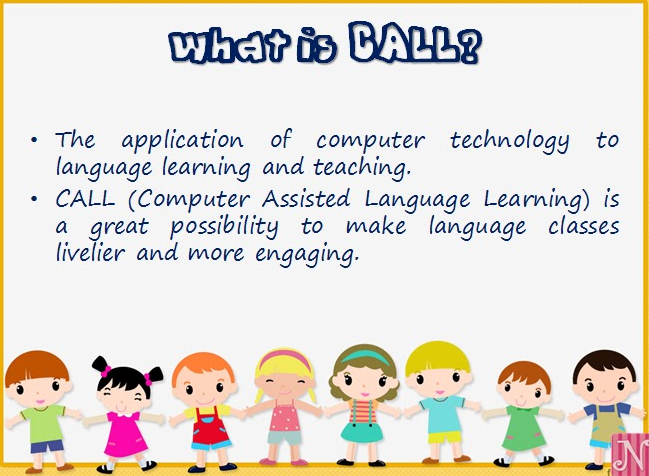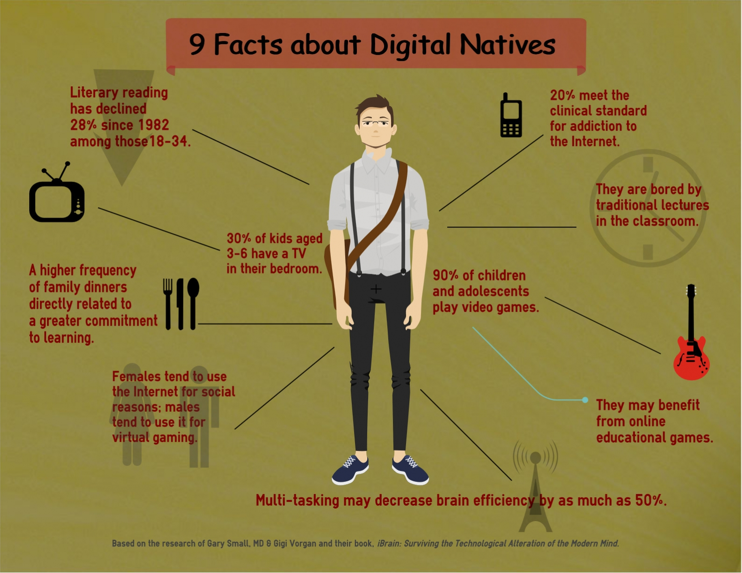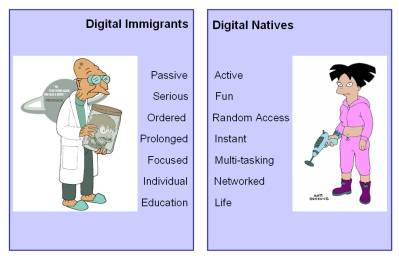Although I have heard of the terms VLE & PLE, I have not read about these concepts in detail before now. Indeed, without regard for literature definitions, for me, my PLE is a collection of offline and online/human and technological resources, that can be accessed at almost any time. My human resources are those in…
